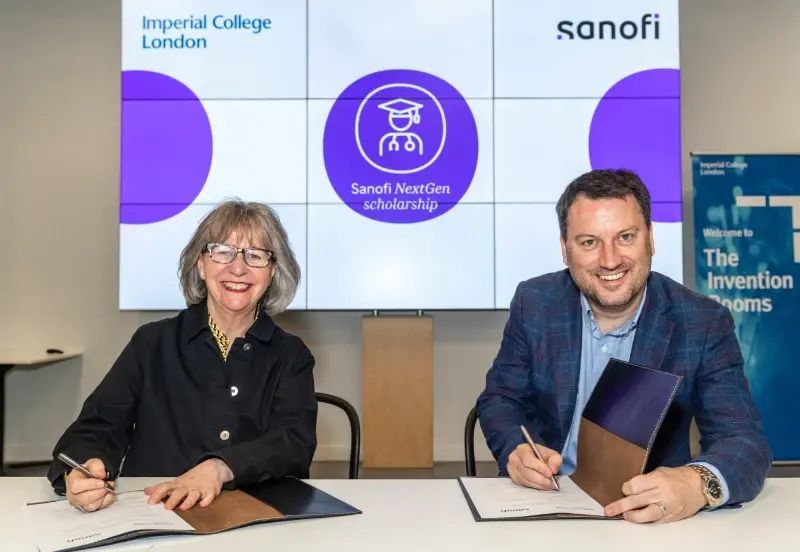Latest news and articles

UK Gender Pay Gap 2025

UK Gender Pay Gap 2024

Rippon Ubhi appointed Chair of the European Medicines Group

Sanofi Consumer Healthcare Western Europe (excluding France) Earns B Corp Certification in Recognition of Environmental, Social Impact

UK Gender Pay Gap 2023

Introducing the Sanofi Green Award

Imperial and Sanofi UKIE launch scholarship programme to develop next generation of health leaders
UK media relations team
This Sanofi contact is for journalists with specific enquiries only.
Call +44 (0) 118 354 3554
E-mail: uk-mr@sanofi.com
MAT-XU-2400804 (v1.0)
March 2024
